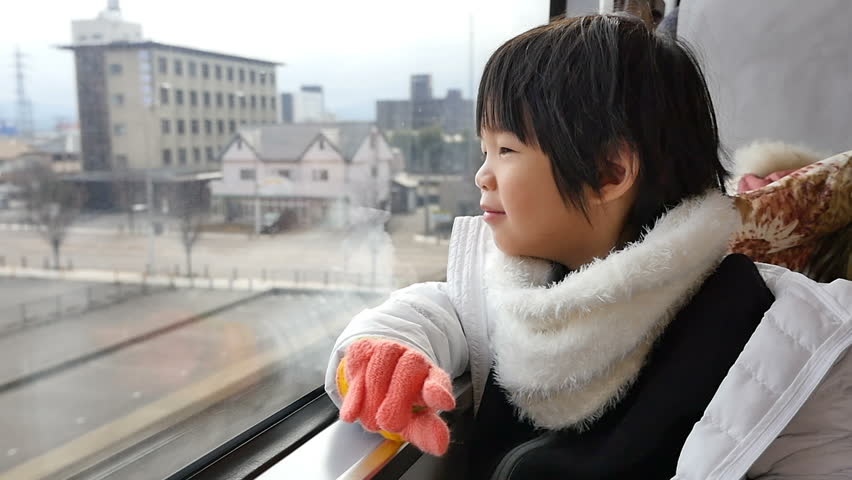I Am, I Can

The idea that these days our children are over stimulated is something that I took with a pinch of salt after I heard it. I believe this theory depends on what your ethos as a family and household is like, it wont apply to everyone. I thought first about my own children, they're always 'doing' something, that is true. Is it always something stimulating? Not always!
Good quality extra curricular activities can benefit both the child and the adult- the children derive a sense of achievement from learning a new skill or progressing towards stronger capabilities in a familiar one. Hopefully throughout their day, they have been involved in an exciting project or an exhilarating activity and have something interesting to contribute to the dinner table conversation. They are also improving their social skills outside of a school setting, sometimes with children they do not know. From wall climbing to coding, the road of communication is open and the benefits of building relationships with other children are numerous. All of these are outcomes that we expect our children to come away with once they have engaged with others in these activities.
Good quality extra curricular activities can benefit both the child and the adult- the children derive a sense of achievement from learning a new skill or progressing towards stronger capabilities in a familiar one. Hopefully throughout their day, they have been involved in an exciting project or an exhilarating activity and have something interesting to contribute to the dinner table conversation. They are also improving their social skills outside of a school setting, sometimes with children they do not know. From wall climbing to coding, the road of communication is open and the benefits of building relationships with other children are numerous. All of these are outcomes that we expect our children to come away with once they have engaged with others in these activities.
As the parent, the benefit goes further than just gaining an extra hour of the day, though that is not to be sniffed at! Learning that your child has a talent for something you had no clue about is like discovering a nugget of gold under the stairs. The sense of pride that comes when you see your child aspiring to be better than they were last week or just how enthusiastically they speak about all the fun
they had means it is time well spent.
they had means it is time well spent.

But what about the theory that our children are over stimulated? How much stimulation should they be getting? How do you measure it? Also, what is wrong with over stimulation anyway? According to the children's author and book laureate, Lauren Child, we as a society are doing our children a huge disservice in overloading them with activities. From tablets and TV to Shuttling our children to clubs, they are not given as much time as we parents were probably given to make their own fun, fill their spare time with their own frolics and mayhem and find solutions to the problems that come with that. She spoke at length with Vanessa Feltz on BBC Radio London this week about the importance of just letting them 'be' and told of her best ideas often coming to her whilst she gazed out of a window.

I also believe in order to encourage our children to be the best that they can be, we-the adults in their lives play a key role in nurturing their talents and coaxing out their innate abilities to the surface so that they can benefit themselves and the world around them. I regularly see the benefits in guiding children towards a status of confidence, not arrogance where they can say 'I Am, so I Can'. For my household, this ethos means implementing and then realising. We teach and then stand back so that the children can utilise the skill we have taught and put their own spin on trying it out. Whether it's creating a new recipe and cooking it or learning how to ride a bike without stabilisers, we override their mistakes with encouragement.
At workshops this 'I Am, so I Can' ethos might manifest through the children articulating themselves with public speaking, getting a good grip on posture or memorising lines. I hold dear the opportunity to sit back and watch the children grow into their own selves in both realms.
)
For parents, this might mean taking little Jenny to coding club twice a week or reminding Rohan he has swimming lessons three times this week because of a potential scholarship you are pushing for. Inevitably, homework follows this and daily reading after dinner too! It can seem like quite a lot for children to juggle even though our best intentions at this stage are only for the greater good. Sometimes, however, this coaxing can go a little too far and the child may have no down time, no time to process what they've actually learned and then find an avenue in which to release it. Or in the words of Lauren Child 'gaze out of a window'.

Comments
Post a Comment